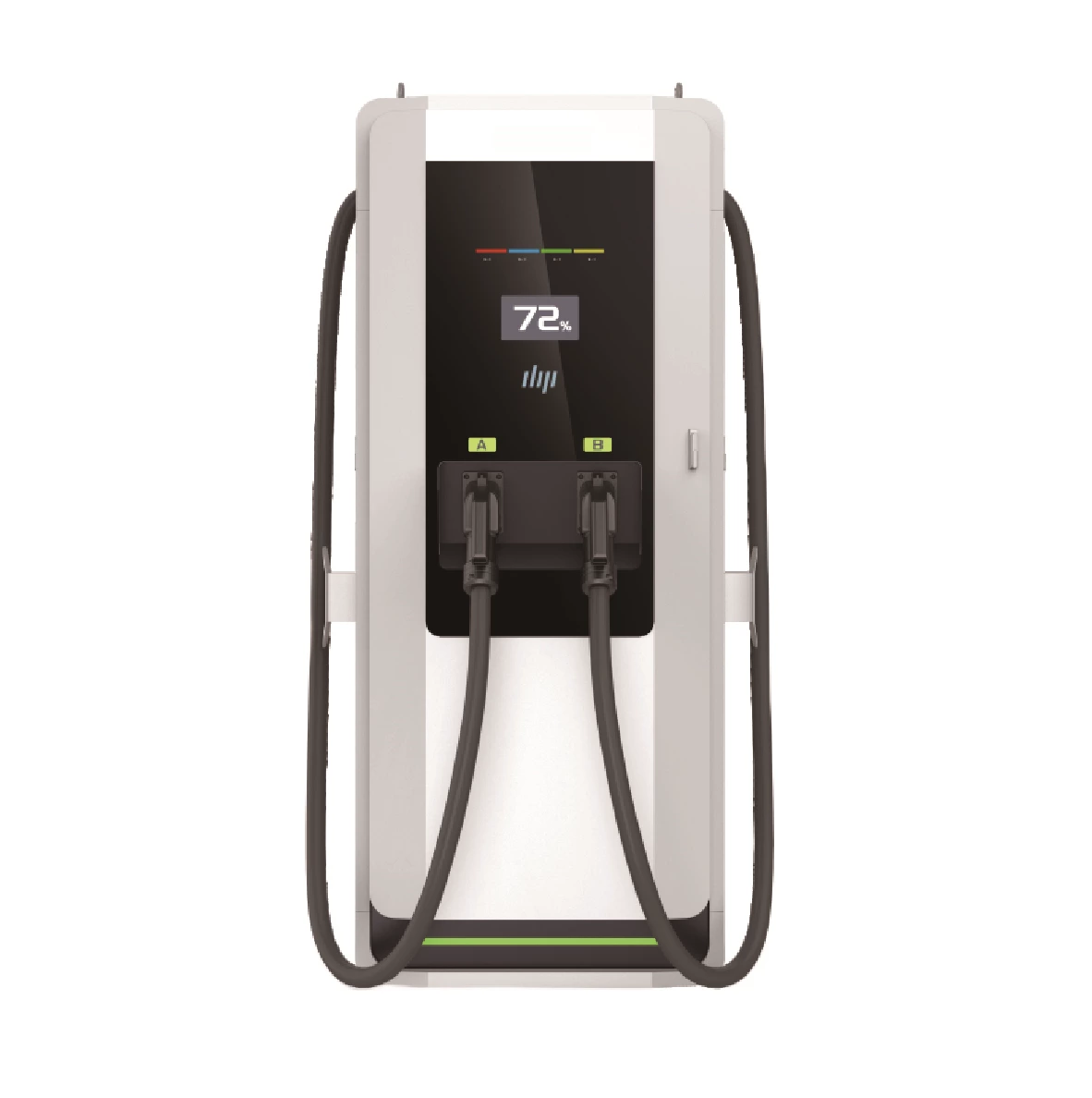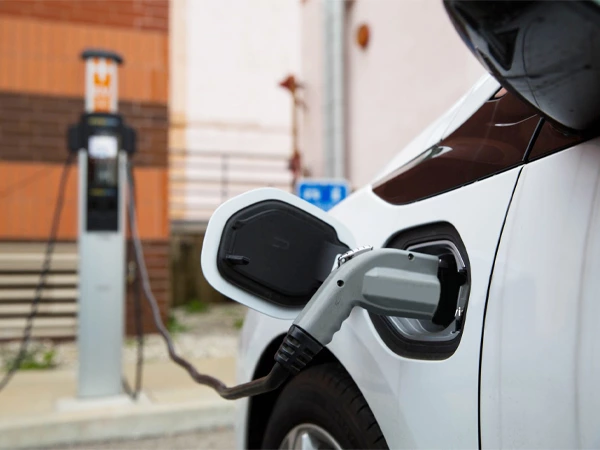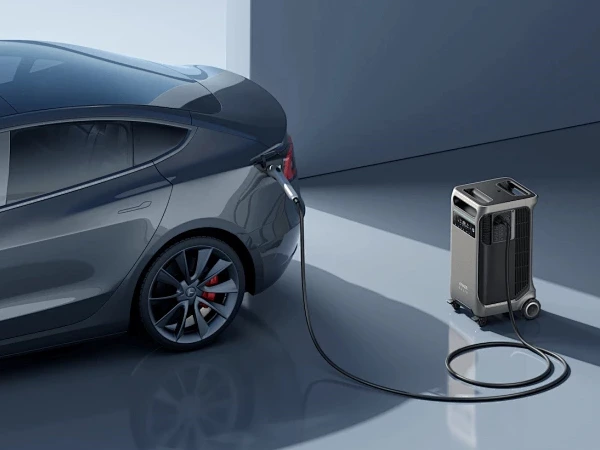Detailed Breakdown of Electric Vehicle Charging Station Installation Costs
With the global focus on sustainable energy and low-carbon transportation, the electric vehicle (EV) market is growing at an unprecedented rate. According to the International Energy Agency (IEA), EVs accounted for 18% of global new car sales in 2023, a figure projected to exceed 35% by 2030. This surge has intensified demand for charging infrastructure. Whether you're an individual owner, property developer, or business manager, understanding EV charging station installation costs is now a critical decision-making factor.
1. Types of EV Charging Stations and Cost Variations
1.1 Level 1 Charging: Budget-Friendly Basic Solution
Power: 120V AC, ~5-8 km/h charging speed
Use Case: Home garages, occasional use
Costs:
- Equipment: $300–$600
- Installation: $0–$200 (uses standard outlets; no electrical upgrades)
Pros: No professional installation needed; ideal for budget-conscious users
Limitations: Slow charging; unsuitable for daily high-frequency use
1.2 Level 2 Charging: The Residential/Commercial Standard
Power: 240V AC, ~25–40 km/h charging speed
Use Case: Homes, offices, malls, hotels
Costs:
- Equipment: $500–$2,000
- Electrical panel upgrade (if needed): $1,000–$3,000
- Labor: $500–$2,000 (complexity-dependent)
- Total: $2,000–$7,000
Pros: Balanced speed/cost; supports smart features (e.g., remote monitoring, time-based billing)
1.3 DC Fast Charging: High-Efficiency Commercial Solution
Power: 480V DC, charges to 80% in 30 minutes
Use Case: Highway rest stops, large commercial hubs
Costs:
- Equipment: $15,000–$100,000
- Grid expansion (if required): $50,000–$150,000
- Civil works (paving, canopies): $10,000–$50,000
- Total: $80,000–$300,000
Pros: Ultra-fast charging; ideal for high-traffic areas
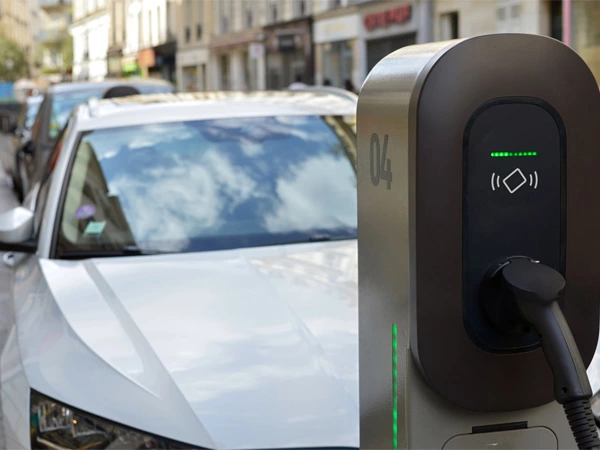
2. Six Key Factors Affecting Installation Costs
1. Existing Electrical Capacity
- Older buildings may require panel upgrades (200A/400A; +$1,000–$5,000)
- Three-phase power (common in Europe) can reduce Level 2 costs
2. Location & Wiring Distance
- Added wiring: ~$50–$100 per meter
- Outdoor setups require weatherproof enclosures (+$200–$500)
3. Permits & Compliance
- North America: NEC inspections ($100–$500)
- EU: IEC 61851 compliance; country-specific certifications
4. Labor Costs
- U.S.: $50–$100/hour | EU: €40–€80/hour | Australia: A$60–A$110/hour
- Developing regions: 30–50% lower
5. Additional Features
- Smart load balancing: +$300–$1,000
- 4G/Wi-Fi connectivity: +$200–$500
6. Climate Adaptations
- Cold-weather (Nordic) or desert cooling designs: +10–20%
3. Government Incentives: Cost-Reduction Tools
(Verify with local energy authorities for current policies)
1. U.S.:
- Federal tax credit: 30% off (max $1,000/residential; $100,000/commercial) until 2032 (IRA Act)
- State rebates: e.g., California ($1,500 max), New York (50% commercial subsidies)
2.EU:
Germany: KfW grants (€900/home; 50% for businesses)
France: Advenir covers 40–60% of public station costs
3.UK:
EVHS: £350/home | Workplace Scheme: £350/charger
4.Australia:
Victoria: Up to A$3,000 | NSW: Registration waivers
Tip: Ensure equipment meets local certifications (UL/CE).
4. Long-Term Operational Costs
Electricity: Time-of-use pricing (30% savings) | Solar integration
Maintenance:
Annual inspections: $100–$300
Repairs: Connector replacement ($200–$500) | PCB fixes ($500–$1,500)
Software Fees: Remote management platforms ($50–$200/month)
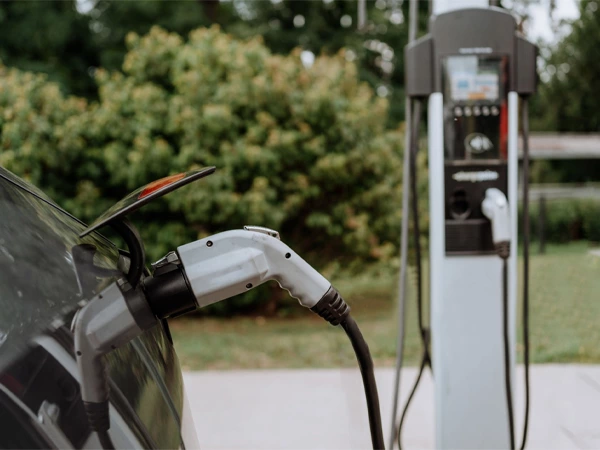
5. Five Cost-Saving Strategies
1. Choose standardized, locally compliant equipment.
2. Bulk installations (10+ units save 15–25%).
3. Conduct energy audits to avoid unnecessary upgrades.
4. Leverage existing resources (e.g., rooftop solar).
5. Negotiate long-term contracts with suppliers/electricians.
6. Case Studies
Case 1: Single-Family Home in California, USA
Requirement: Level 2 charging station to support daily use of new energy vehicles.
Cost Breakdown:
- Equipment: Level 2 Wall Connector (Approx. $500)
- Electrical Upgrade: Installation of a 240V circuit (Approx. $1,200)
- Labor: $800
- Subsidy: Federal tax credit (30% of total cost: 2,500×302,500×30750)
- Actual Cost: 2,500−2,500−750 = $1,750
Case 2: Commercial Office Building in Berlin, Germany
Requirement: Installation of 10 public 22kW charging stations.
Cost Breakdown:
- Equipment: 10 × €2,000 = €20,000
- Grid Upgrade: €15,000
- Subsidy: KfW funding covers 50% (€17,500)
- Actual Cost: €35,000 - €17,500 = €17,500
7. Future Trends Impacting Costs
1. Wireless charging: Road-embedded systems may reduce wiring expenses.
2. Modular designs: Plug-and-play units simplify installation.
3. Virtual Power Plants (VPPs): Optimize grid load to cut electricity costs.
EV charging station costs vary by technology, location, and policies. To optimize, align needs with local incentives and partner with certified installers.
Take Action: Check [Your Country’s Energy Agency Website] for subsidies or contact our experts for a tailored quote!
